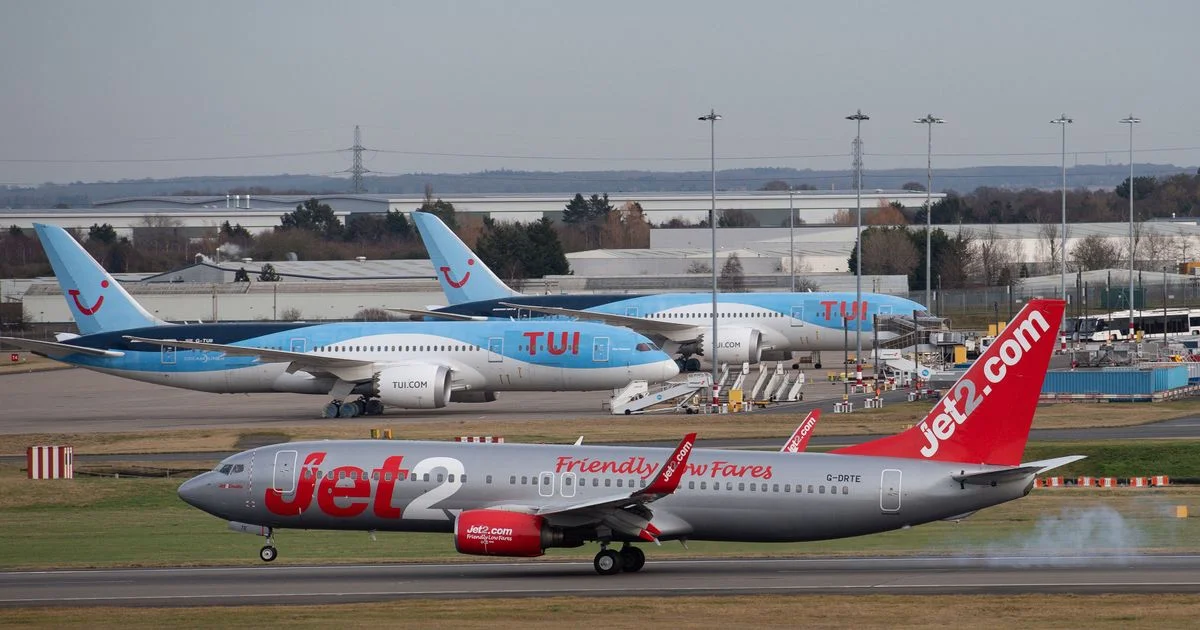A widespread technical glitch has struck the air traffic control systems in the United Kingdom, leading to significant flight delays and disruptions at airports across the nation. As engineers diligently work to locate and resolve the issue, National Air Traffic Services (NATS) has taken precautionary measures to ensure safety by implementing traffic restrictions while reassuring travelers that the UK airspace remains open. The incident has prompted airlines and passengers to grapple with unexpected delays and cancellations.
A Technical Turmoil Unfolds
The UK’s aviation landscape was thrown into disarray as a persistent technical glitch emerged within the air traffic control systems. Amid this disruption, engineers are in a race against time to identify and mend the root cause, aiming to restore normal operations as quickly as possible. Despite the challenges, NATS emphasizes that the airspace remains accessible with specific traffic restrictions in place.
Airlines and Passengers Bear the Brunt
The ramifications of the technical issue have rippled across the aviation industry, affecting several prominent airlines including Ryanair, EasyJet, Virgin, and Aer Lingus. With flight schedules disrupted and travelers facing prolonged delays, these airlines have swiftly issued alerts regarding cancellations and the potential impact on passengers’ travel plans.
Unveiling the Experts’ Insights
Simon Calder, a distinguished travel correspondent affiliated with The Independent, weighed in on the incident. Calder shed light on the rarity of such technical glitches, explaining that they tend to surface every five to ten years. Despite the infrequency, Calder highlighted the industry’s preparedness with robust backup systems designed to mitigate potential shutdowns.
Addressing speculations circulating online suggesting a potential hack as the culprit, Calder urged caution. He clarified that there is no concrete evidence to substantiate these claims, emphasizing that similar system failures have occurred in aviation history, evoking memories of previous incidents such as the British Airways IT failures.
The Financial Fallout
While airlines bear the consequences of these technical disruptions, Calder underscored that airlines themselves are not accountable for the glitches. However, the financial implications can be substantial, potentially costing airlines millions of pounds as they manage the operational fallout and compensation for affected passengers.
As engineers work diligently to identify and rectify the technical glitch, the incident underscores the delicate interplay between advanced technology and the seamless functioning of aviation operations. Industry stakeholders, engineers, and aviation experts remain committed to restoring normalcy to the affected air traffic control systems, ensuring safe and efficient travel for passengers.




